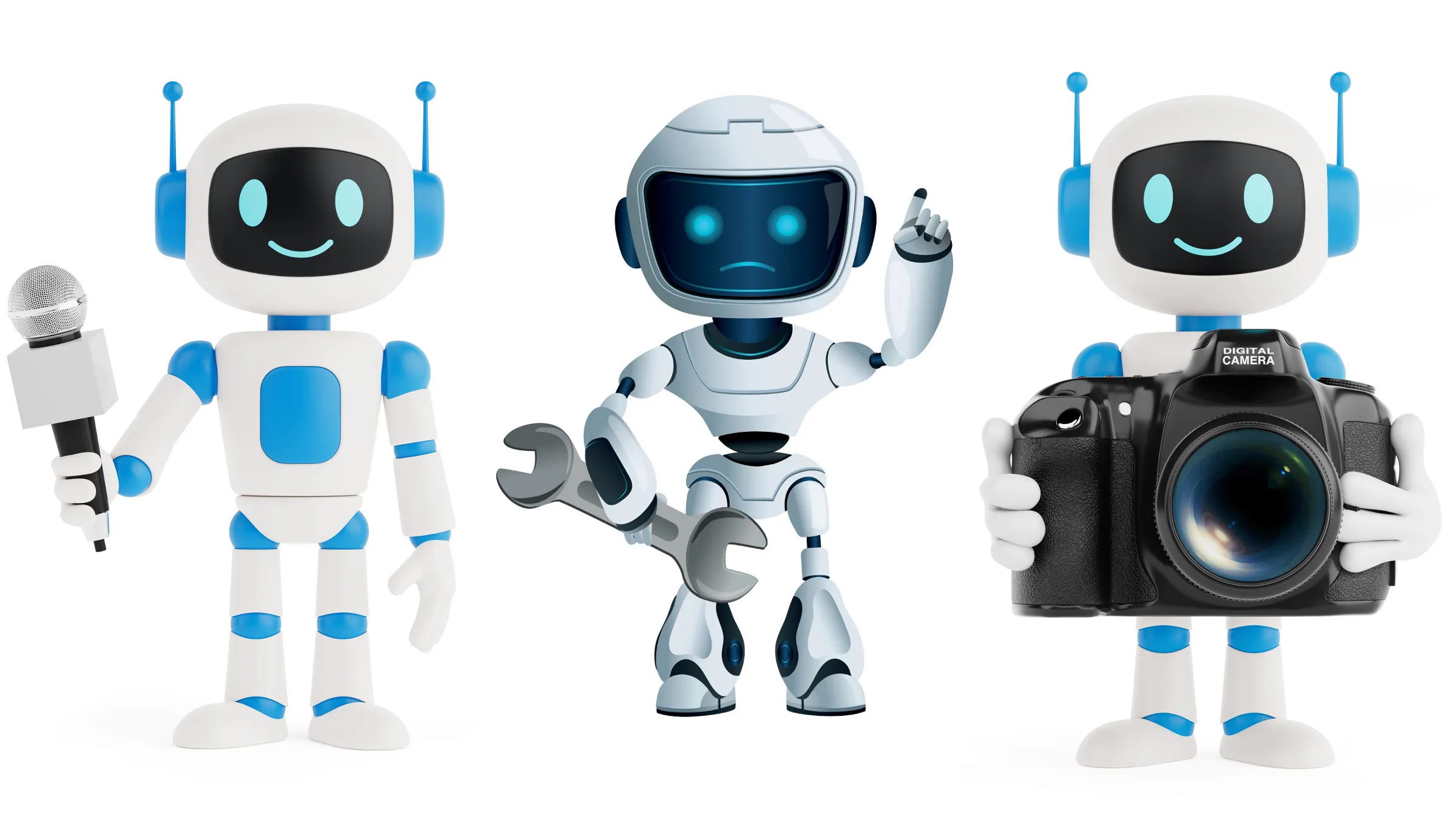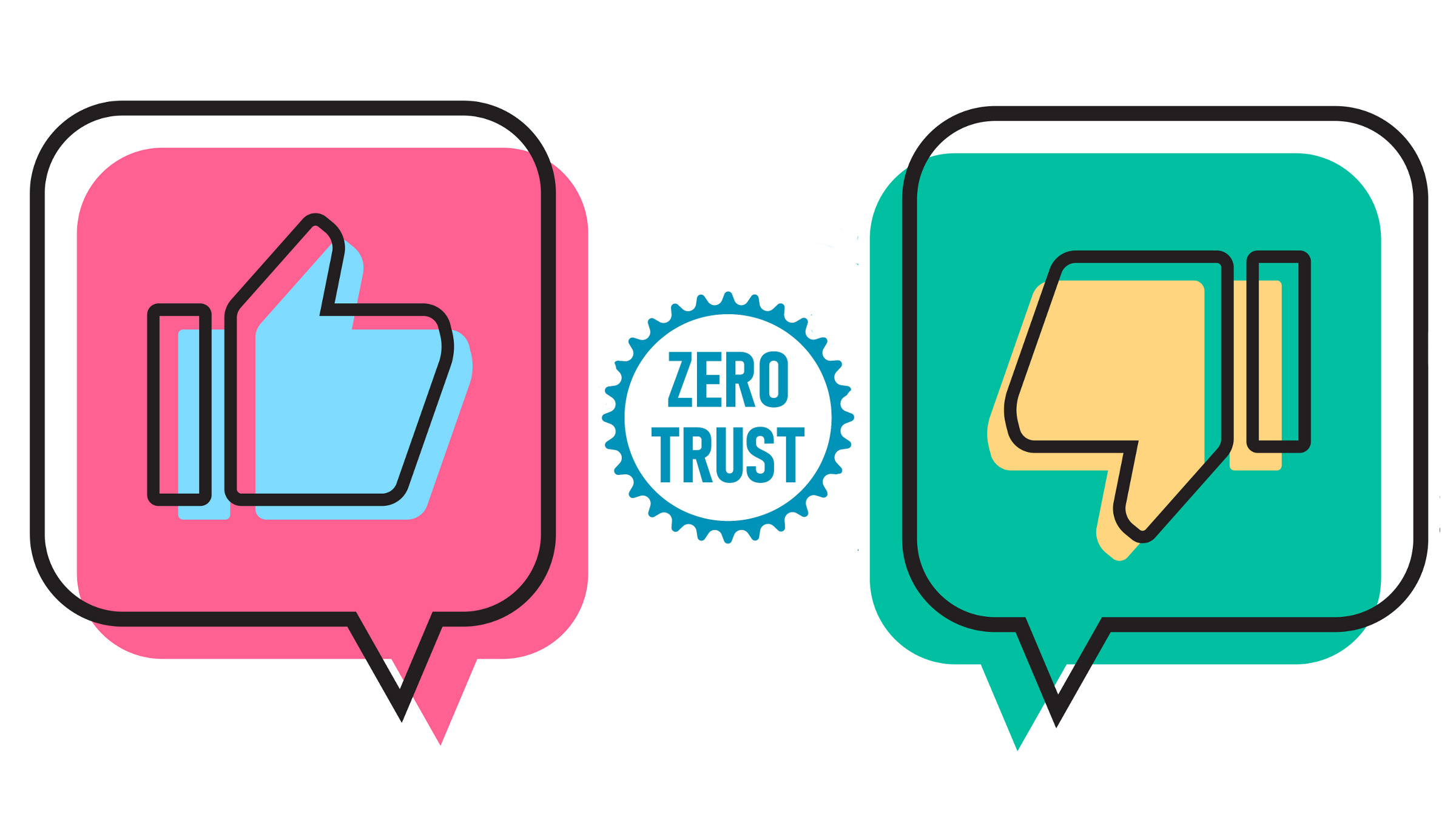
Eight members of ACM, seven of whom are ACM Fellows, were among the 276 artists, scholars, scientists, and leaders in the public, non-profit, and private sectors who have been named 2020 members of the American Academy of Arts & Sciences (AAAS).
The organization was founded in 1780 by John Adams, John Hancock, and others who believed the new republic should honor exceptionally accomplished individuals and engage them in advancing the public good.
"The members of the class of 2020 have excelled in laboratories and lecture halls, they have amazed on concert stages and in surgical suites, and they have led in board rooms and courtrooms," said Academy president David W. Oxtoby. "With today's election announcement, these new members are united by a place in history and by an opportunity to shape the future through the Academy's work to advance the public good."
The newest AAAS members include:
- Sarita V. Adve, Richard T. Cheng Professor of Computer Science of the University of Illinois at Urbana-Champaign. Adve's research focuses on the hardware-software interface with work spanning computer architecture, programming languages, operating systems, and applications. An ACM Fellow, Adve also has received the ACM SIGARCH Maurice Wilkes award and the ACM/IEEE Ken Kennedy award, and was names a Woman of Vision by the Anita Borg Institute for Women in Technology.
- Thomas A. Henzinger, president of Austria's Institute of Science and Technology (IST). Henzinger's research is rooted in modern systems theory, especially the models, algorithms, and tools for the design and verification of reliable software, hardware, and embedded systems. An ACM Fellow, Henzinger received the 2015 Milner Award from the Royal Society, and the Wittgenstein Prize by the Austrian Science Fund.
- Margaret Martonosi, a professor in the computer science department of Princeton University whose research focuses on computer architecture and mobile computing, particularly as they relate to power efficiency. Martonosi in February began serving as head of the Directorate for Computer and Information Science and Engineering at the U.S. National Science Foundation. An ACM Fellow, she has received a number of other awards, including the Grace Hopper Celebration of Women in Computing Technical Leadership AIE Award, the Marie R. Pistilli Women in EDA Achievement Award, the ACM Sensys Test of Time Award, and the ACM SIGARCH Alan D. Berenbaum Distinguished Service award.
- Fernando C.N. Pereira, a vice president and Engineering Fellow at Google, where he leads research and development in natural language understanding and machine learning. His main research interests are in machine-learnable models of language and biological sequences. An ACM Fellow, Pereira also is a Fellow of the American Association for Artificial Intelligence.
- Ronitt Rubinfeld, Edwin Sibley Webster Professor of Electrical Engineering and Computer Science at the Massachusetts Institute of Technology. Rubinfeld's main research area is theory of computation, including randomized and sublinear time algorithms. She was named an ACM Fellow for contributions to delegated computation, sublinear time algorithms, and property testing.
- Eugene H. Spafford, executive director emeritus of the Center for Education and Research in Information Assurance and Security (CERIAS) at Purdue University, and a professor in the university's department of computer science. Spafford has explained his research interests as focused on "the prevention, detection, and remediation of information system failures and misuse, with an emphasis on applied information security. This has included research in fault tolerance, software testing and debugging, intrusion detection, software forensics, and security policies." In addition to being a Fellow of ACM, IEEE, and (ISC)², Spafford has been presented the ACM SIGCAS Making a Difference Award, the ACM SIGSAC Outstanding Contribution award, and the ACM Presidential Award, as well as the (ISC)² Harold F. Tipton Lifetime Achievement Award.
- Mihalis Yannakakis, Percy K. and Vida L.W. Hudson Professor of Computer Science at Columbia University. Yannakakis says his research interests include "include design and analysis of algorithms, complexity theory, combinatorial optimization, game theory, databases, and modelling, verification, and testing of reactive systems." An ACM Fellow, Yannakakis also is a member of the National Academy of Engineering and the National Academy of Sciences. A recipient of the Donald E. Knuth Prize awarded by ACM SIGACT and IEEE's Technical Committee on the Mathematical Foundations of Compute, Yannakakis also received the Bell Labs Distinguished Member of Technical Staff Award and the Bell Labs President's Gold Award; he also is a Fellow of Bell Laboratories.
- Alexander A. Razborov, Andrew McLeish Distinguished Service Professor at the University of Chicago. Razborov has received the Godel Prize given jointly by ACM and the European Association for Theoretical Computer Science (in partnership with Steven Rudich), the David P. Robbins Prize of the American Mathematical Society and the Mathematical Association of America, and the Rolf Nevanlinna Prize of the International Congress of Mathematicians.
Other notable additions to AAAS include singer, songwriter, and activist Joan C. Baez, immunologist Yasmine Belkaid, University of Washington President Ana Mari Cauce, bioethicist R. Alta Charo, Native American scholar and artist Edgar Heap of Birds, technology and knowledge strategist Charles J. Henry, experimental petrologist Marc M. Hirschmann, lawyer and former U.S. Attorney General Eric H. Holder, Jr., performer and professor E. Patrick Johnson, anthropologist of human health Clark S. Larsen, independent filmmaker Richard S. Linklater, author Ann Patchett, poet and playwright Claudia Rankine, and Advanced Micro Devices CEO and electrical engineer Lisa T. Su.
"We congratulate these incoming members of the Academy for excelling in a broad array of fields; we want to celebrate them and learn from them," said Nancy C. Andrews, chair of the AAAS Board of Directors. "When Academy members come together, bringing their expertise and insights to our work, they help develop new insights and potential solutions for some of the most complex challenges we face." The Academy's projects and publications are focused on the arts and humanities, democracy and justice, education, global affairs, and science.
The complete AAAS Class of 2020 is listed here.
Lawrence M. Fisher is Senior Editor/News for ACM Magazines.



Join the Discussion (0)
Become a Member or Sign In to Post a Comment